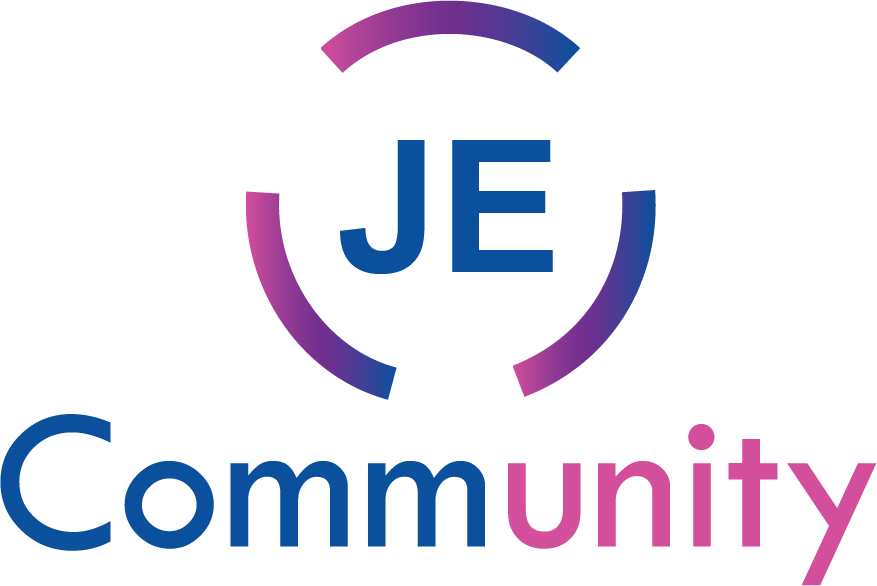If you are responsible for negotiating a nightly rate for yourself or travelers in your organization, there are critical pieces of information you must have in effort to approach a hotel for your business. After you’ve researched location, brand, nightly rate or other factors, ensure you have the following information available to be properly prepared for a discussion with the hotel sales team:
- Reason for the Negotiated Rate Request
Ensure you are prepared to tell the hotel sales manager the reason why your organization requires a negotiated rate. Do you have clients or customers from out of town visiting your local office? Does your organization host new hire orientation or sales training that requires territory reps to travel? Are there monthly or quarterly meetings where overnight accommodations are needed?
- Estimated number of Room Nights Required
Based on the reason for the negotiated rate, determine how many room nights (also referred to as number of rooms per night) are needed each week and/or each month. If this total may vary, provide a range. This will not only show the hotel the value of your business, if the hotel requires a minimum number of room nights to maintain your negotiated rate, you can ensure you can meet the obligation.
Be prepared to elaborate on how many travelers will be utilizing this rate. Do you have a team of individuals or just one or two that will require the use of a negotiated rate? This information is also helpful for the sales team that will be maintaining your account.
- Days of Week Negotiated Rate is Needed
Do your travelers require the negotiated rate on weeknights, weekends, or shoulder nights like Sundays and Thursdays? The negotiated rate the hotel offers you will be based on this factor. If your travelers’ plans require overnight accommodations on a traditional peak night (Tuesdays and Wednesdays), you may be offered a higher negotiated rate than if you have travelers requiring accommodations arriving on or staying through shoulder nights like Sundays or Thursdays.
Are there times where there is more frequent or infrequent travel? Be prepared to speak to specific travel patterns. If so, the sales team may present you with multiple rates for times for peak and non-peak travel.
Anticipate having a list of amenities that need to be provided by a hotel. For example, if your travelers require breakfast included in their room rate because your organization does not offer per diem for meals, this is an important feature the hotel must include. Other examples of amenity requirements could include airport/local shuttle, early check-in or late check-out, loyalty points, on-site meeting space, on-site bar/restaurant, refrigerator or microwave in the guestroom, etc. Keep these requirements in mind as you begin researching viable hotel options.
Determine how reservations will be placed. Will individuals be responsible for making their own reservations? Can they call to place a phone reservation, or will they need to use a one-click booking link for online reservations? Will the hotel accept a walk-in reservation from your travelers, or is it required to provide a rooming list of each traveler’s arrival and departure date? If there are a variety of reservation method options available, make sure you discuss these options with the hotel sales manager.
Once reservations are placed, how will they be paid for? Will individuals be responsible for their own payment? Will a credit card authorization form be provided for all travelers within the organization? Are you requesting the hotel to offer direct billing for payment purposes? Whatever the method may be, you will need to discuss in detail with the hotel.
While you may or may not want to share your target rate with the hotel, you must consider the nightly rate range you’d like to negotiate. While it is important to keep this price point in mind, be sure to take into account some wiggle room if there are additional features or amenities offered by the hotel that provide additional value.
Once you have this information gathered, and you have researched hotels that fit your criteria, reach out to each individual hotel. Request to speak to the on-site director of sales, sales manager or someone from the sales team. A well-trained salesperson will take the information you provide and determine the best rate offer for your business. They will provide you with a proposal for review. Ensure the proposal includes specific information such as the term of the agreement, minimum room night requirements, blackout dates, premium dates or if your rate is last room available or non-last room available. Review the offer and determine the best fit based on your organization’s goals.




